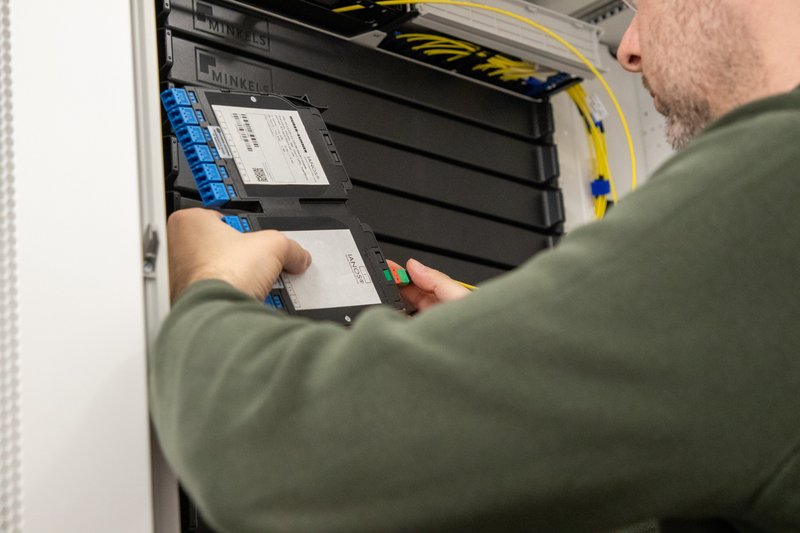Multipass service description


France-IX provides connectivity services in several cities across France, including local and remote peering services.
The Multipass service aims to simplify remote access by leveraging the existing local peering service. Routes from remote peers are collected in each city and re-announced locally to customers subscribed to this service.
Available Port Types and Contracted Bandwidths
Available port types for the local peering service, on which Multipass relies, are as follows:
The customer accesses the local peering service and can activate the Multipass option through a single port; the demarcation point is the MMR of the data center.
Traffic generated through the Multipass service is globally accounted for within the same local peering plan, which then becomes local peering + Multipass.
Encapsulation Type, MTU, and LAG
The customer can configure their Ethernet port:
Although the Multipass service is based on local peering and access mode is sufficient, France-IX always recommends configuring the Ethernet port in 802.1Q for greater scalability, with no impact on existing services.
The recommended MTU on peering LANs is 1500 bytes to ensure consistency across all peers on the LAN.
Ports can be configured in LAG (Link Aggregation Group), using 802.3ad standard and LACP, to aggregate multiple ports into a single logical link. The customer may request this setup from the first port to simplify future expansions and minimize impact on existing services.
Multipass Service topology
Two Multipass routers are deployed on each peering LAN operated by France-IX to ensure redundancy.
To better describe route exchanges, two terms are defined:
The Multipass Customer establishes IPv4 and IPv6 BGP sessions with both Multipass routers present on the local peering LAN, using the IPv4 and IPv6 addresses assigned by France-IX when connecting to the local peering service.
The Multipass routers collect available routes from Peers on the RS in each city to make them available to Multipass customers.
The default behavior at the RS level is to announce Peer routes to the Multipass router, which acts as a Peer on the local peering LAN. It is also possible for Peers with an open peering policy but not connected to the RS to establish sessions with the Multipass routers to make their routes available to Multipass Customers.
BGP Communities are available:
Routes from Multipass Customers are announced to remote Peers in other cities.
Multipass Customers receive routes from other Customers and from remote Peers.
Multipass routers forward traffic between cities. The service ASN, AS39801, is naturally inserted into the AS-PATH.
Delivery Time
The Multipass service is delivered within 5 business days.
Commitment
No SLA on peering services, but redundant architecture.
Support and Assistance
24/7 NOC, Level 2 available with escalation matrix.
RS ASNs by City